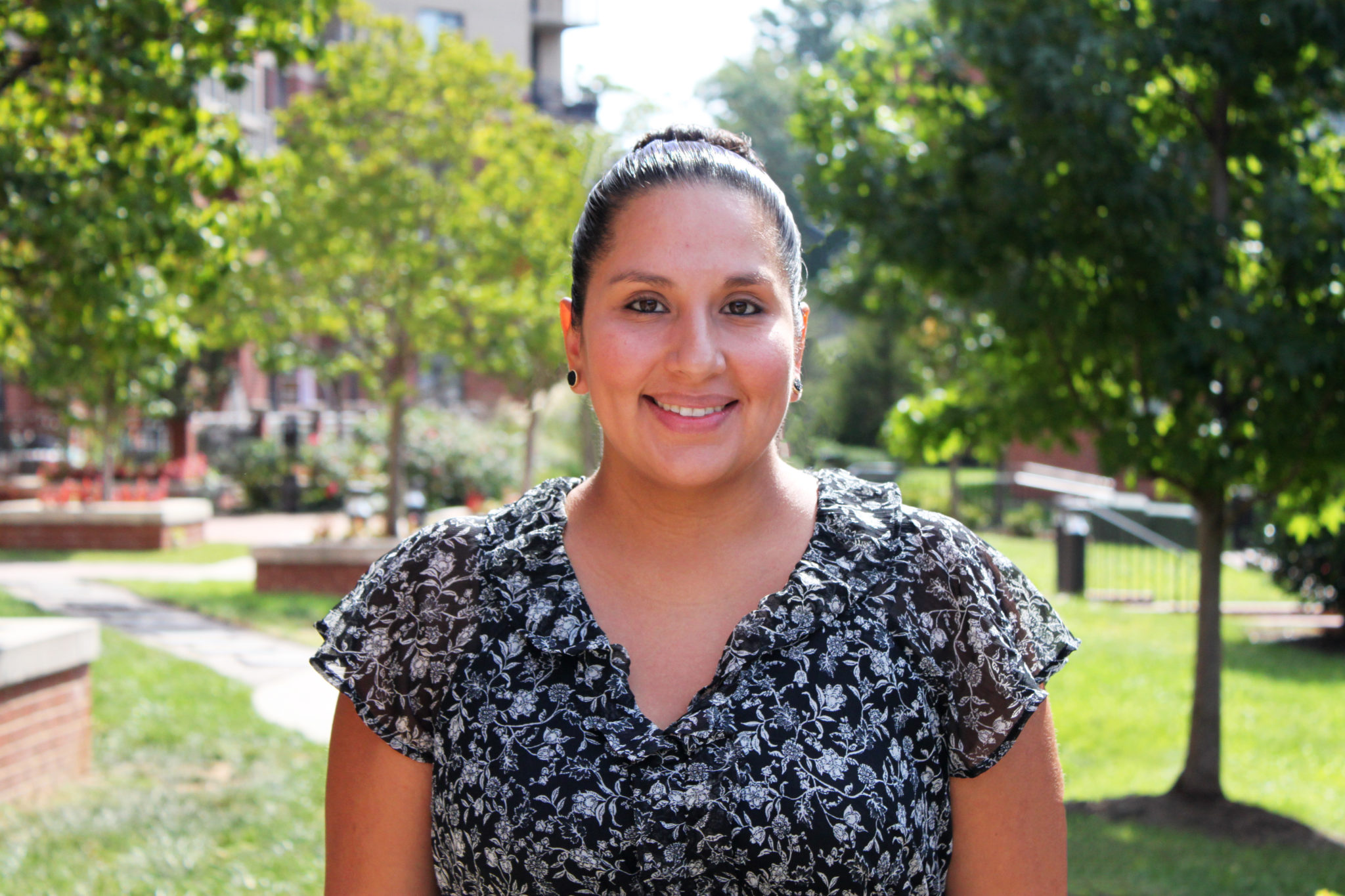
First-generation students and those facing housing insecurity face unique challenges entering their first year of college beyond getting accepted. Once admitted, they must navigate the various administrative offices and processes. Additionally, there’s a critical gap in support during the summer transition period before students begin college. More programs are also needed to help students stay enrolled and succeed in college rather than drop out. To put this into perspective, the nationwide persistence rate—the percentage of students who return to college for a second year or beyond—is 56 percent for first-generation students and 74 percent for students with college-educated parents.
A growing body of research shows a strong correlation between affordable housing and students’ likelihood of reaching higher education. Studies have shown that students from low-income neighborhoods participating in after-school programs are more likely to avoid suspensions and expulsions, miss less school, and improve reading, math, and science proficiency.
At Affordable Homes & Communities (AHC), we created resident services programs to overcome this issue: AHC works with students from elementary school to create pathways to higher education. The persistence rate for students who have gone through AHC’s college preparedness program is 84 percent, showing that when affordable housing nonprofits emphasize youth education, the results are effective.
The Ripple Effect of Empowering First-Generation Students
The AHC College and Career Readiness program started in 2016 to address these issues, initially focusing on supporting high school seniors. Over time, the program expanded to begin working with students in the 11th grade, recognizing the need for earlier intervention and preparation. The program has also shifted to emphasize career readiness, as we understand that not all students want to pursue a traditional four-year college path, especially given the rising costs of attending traditional university institutions.
By using a variety of approaches to support students from an early age, children who may not have support elsewhere receive the tools and opportunities they need and deserve to further their educational goals. This includes afterschool programs, tutoring, and mentoring to ensure support every step of the way.
There are countless inspiring stories of how these affordable housing services for students can transform lives and make a difference. One such person is Angie, who went through the AHC College and Career Readiness (CCR) program. Angie was part of AHC’s education programs and exemplifies the impact of our cradle-to-career support. She fully embraced the offerings, starting with the After-School program, where she developed and improved her literacy skills during her elementary years. In middle school, she advanced to the Teen Tutoring program, receiving one-on-one academic support three times a week. Determined to pursue higher education, Angie was in the inaugural cohort of our CCR program in 2016, becoming part of its first graduating class.
Throughout her time at AHC, Angie excelled academically and gave back to the community. She volunteered, interned as a mentor for younger students in our summer camp, and used every resource available. Her hard work paid off, as she became the first in her family to graduate from both high school and college. Angie then applied the skills and knowledge she gained to guide her two younger siblings through their own high school and college journeys.
Today, Angie thrives as a Systems Analyst for CGI Federal and continues to contribute to her community. She has participated in several first-generation panels, sharing her story with current AHC high school students and inspiring them to achieve their goals. Success stories like Angie’s—and those of other AHC alumni—demonstrate the profound impact of integrating housing and education. When these elements work in tandem, they create powerful opportunities for economic mobility.
The Power of Partnerships
Over time, AHC has realized the importance of developing more formal partnerships with local universities and colleges, such as AHC’s with George Mason University’s Early Identification Program (EIP). AHC will be partnering with EIP to provide more access and opportunities to our students. This includes partnering with EIP to allow AHC staff to nominate students for the EIP program in middle school, nominate rising juniors to the Institute of Excellence program for summer 2025 where students can receive free college credits, and collaborating to provide GMU programming to AHC students and families in the near future.
These partnerships provide students with internships and practical experiences and create summer bridge programs to help them successfully transition to college. When housing and education are strongly integrated, economic mobility opportunities abound. Partnerships like these between universities and affordable housing developers showcase the immense potential for students nationwide to have secure, safe housing and achieve dreams of higher education and career readiness.
Image by Who is Danny — Adobe Stock — Asset ID#: 475926295 & Graducation Cap Added by Jared Gould
